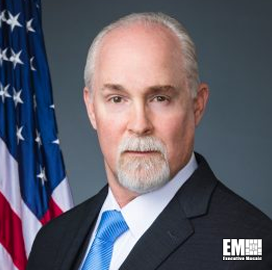The military service branches have performed a series of vertical replenishment exercises that demonstrated the ability of two Ohio-class ballistic missile submarines to conduct at-sea operations with different aircraft.
The U.S. Navy said Tuesday USS Nevada (SSBN 733) and USS Henry M. Jackson (SSBN 730) performed VERTREP activities with U.S. Navy MH-60R Seahawk helicopters, Marine Corps CMV-22 Ospreys and Air Force C-17 Globemaster IIIs.
As part of a U.S. Strategic Command exercise, the effort was aimed at showcasing the interoperability of multiple U.S. military platforms in support of a strategic deterrence mission.
“Exercising these VERTREPs was a joint operation involving Marine and Air Force assets. This shows our commitment to joint operations worldwide and between combatant commanders,” said Capt. Kelly Laing, director of maritime operations for Commander, Task Group 114.3.
The exercises were held off the coast of California in July and August.








